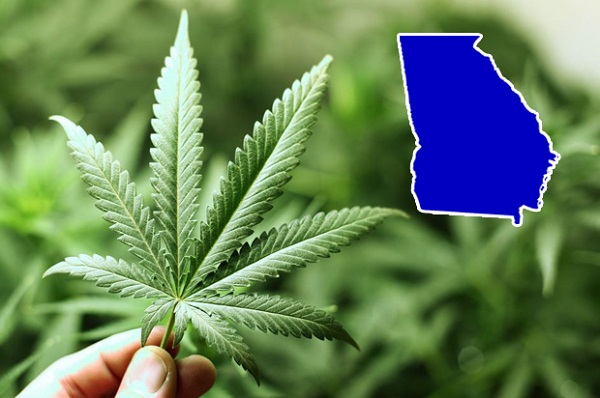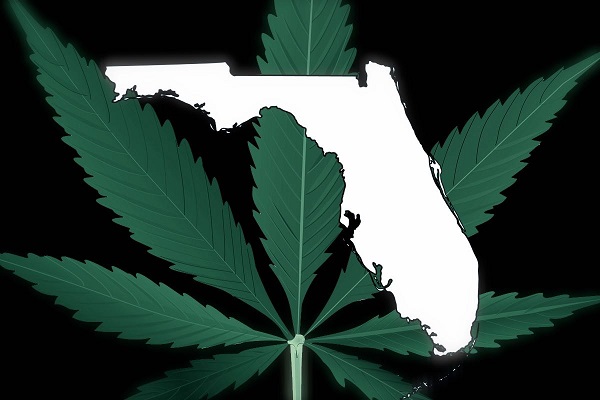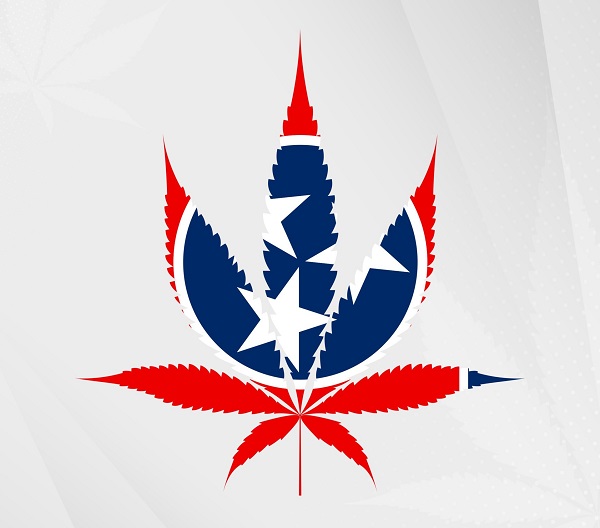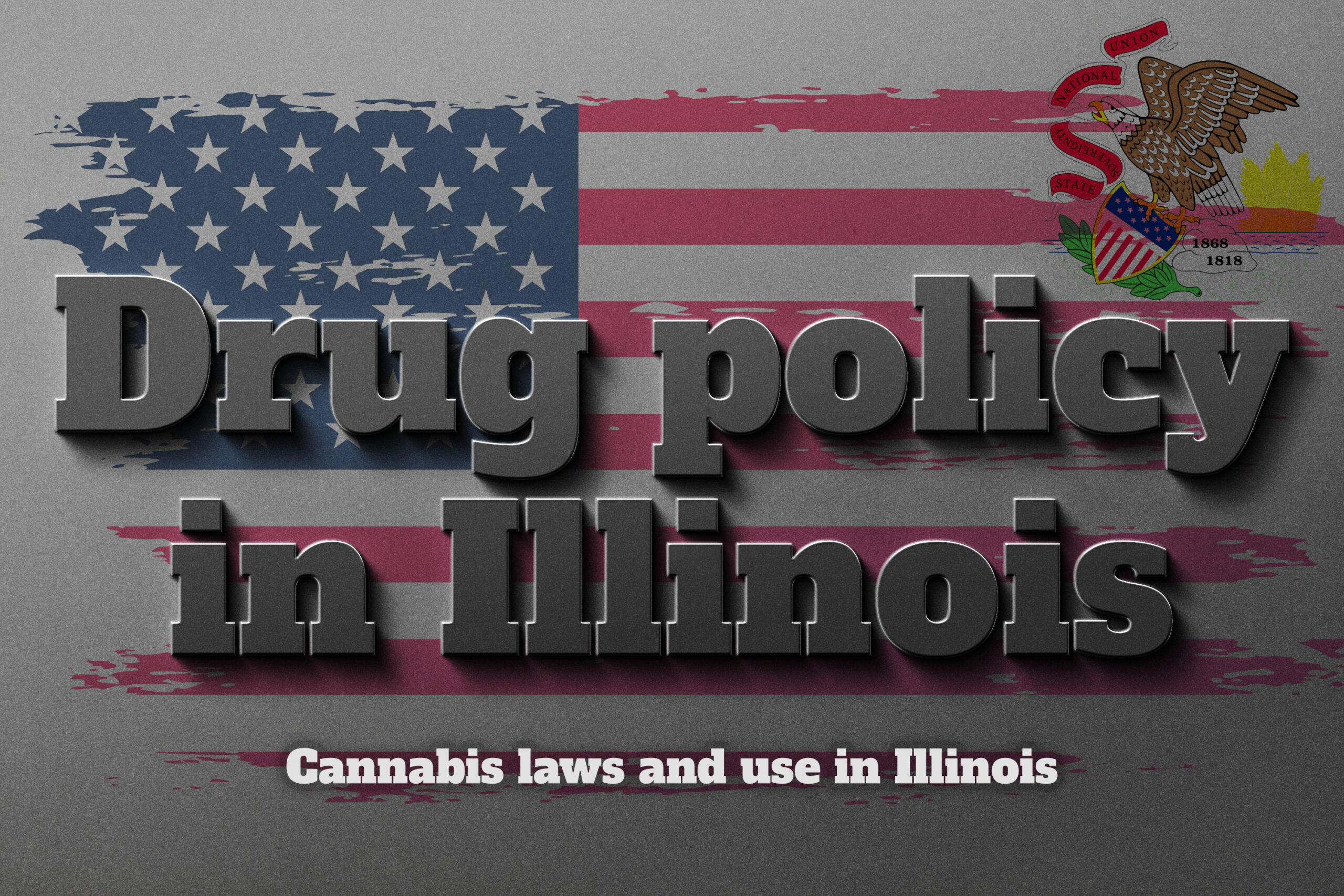
In 2019, Illinois joined the list of U.S. states that allow recreational cannabis use. By now, in 2020, Illinois residents are allowed to purchase up to 30 grams of cannabis flower from licensed retailers and dispensaries. However, it is still illegal to grow cannabis except for medical use when the grower has the proper medical card.
Can can cannabis be possessed and consumed in Illinois?
In June 2019, the governor of Illinois, J.B. Pritzker, signed legislation to legalize the recreational use of cannabis in the state. The move made Illinois the eleventh state in the US to pass such a measure. Moreover, Illinois became the first state to legalize the recreational use of marijuana through its legislature.
The legalization went into effect on January 1, 2020, and now all adults 21 years of age and older are able to purchase recreational marijuana from licensed retailers in Illinois. The law also provides for the following:
- It will not require a medical cannabis card to purchase.
- Cannabis use is permitted in a person’s home or on-site at approved cannabis-related premises.
- Use is prohibited in any public place, in a motor vehicle, or on school property. Students with medical marijuana cards may continue to use the drug at school as recommended by their physician.
- Cannabis use is also prohibited near anyone under the age of 21.
- It is also prohibited near a police officer, firefighter, correctional officer, or on-duty school bus driver.
The limits on the purchase and possession of recreational marijuana are slightly different for Illinois residents and non-residents:
- State residents can purchase 30 grams of cannabis flower, 5 grams of concentrates, or 500 mg of cannabis-infused edibles.
- Non-residents can purchase 15 grams of cannabis flower, 2.5 grams of concentrate or 250 mg of cannabis-infused edibles.
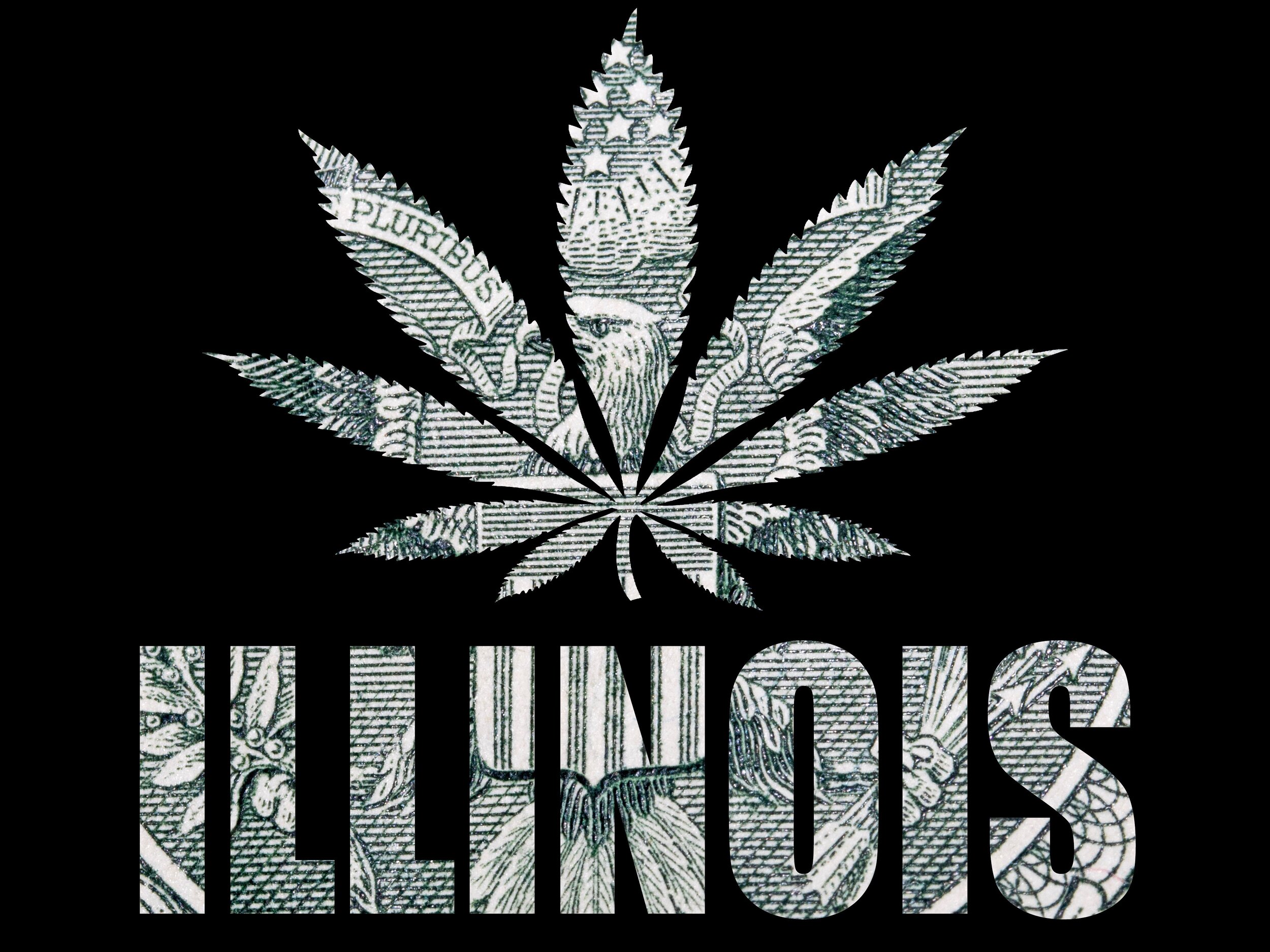
Cannabis taxes
The Illinois government has proposed to impose tax rates on the purchase of cannabis. Cannabis flower or other products containing less than 35% THC would be subject to a 10% sales tax. Products that contain cannabis (such as tinctures or edibles) would be taxed at 20%. If a cannabis product has a THC level greater than 35%, the tax will be 25%. In addition, individual counties and cities in Illinois will be able to levy additional local sales taxes.
Under the legislation, the tax revenue will be used to support more disadvantaged communities. Commenting on the changes in the law, Governor Pritzker stated, «Legalizing adult-use cannabis is an important and welcome change in our state, and it’s the right thing to do».
Criminalization of cannabis possession in Illinois
In addition to legalizing cannabis for recreational purposes, the new law could also expunge cannabis possession convictions from 800,000 people in the state.
Anyone with a criminal record for possession of less than 30 grams of cannabis will be sent to the Prisoner Review Board. After review, they will be referred to Governor J.B. Pritzker for clemency. Provided the offenses do not involve a violent crime, the record will be expunged.
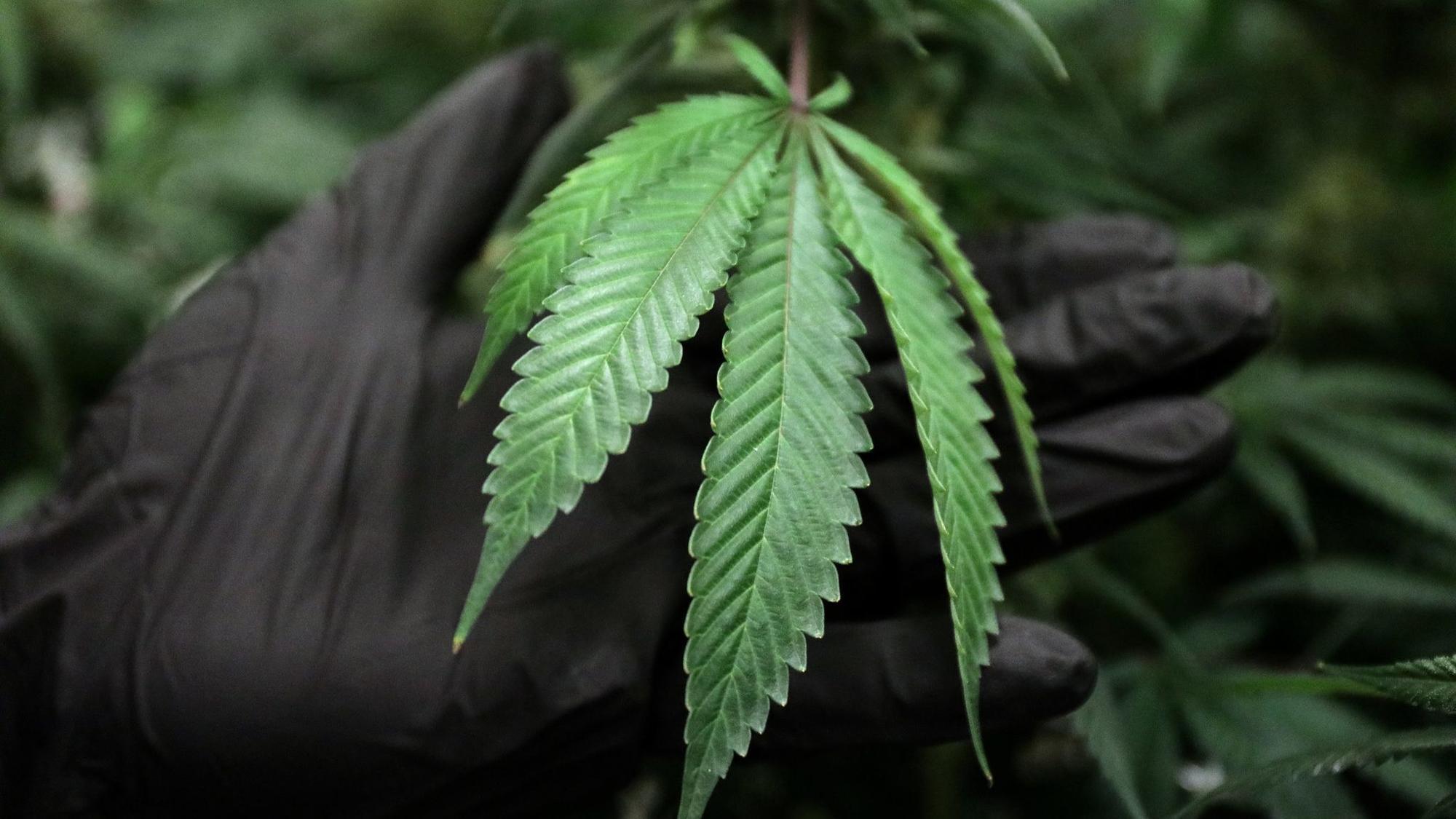
Is the sale of cannabis legal in Illinois?
Previously, only patients with a valid medical card were authorized to purchase medicinal cannabis in Illinois. However, on June 25, 2019, Illinois became the 11th state to legalize the recreational use of marijuana. As of January 1, 2020, all adults 21 years of age or older were able to purchase recreational cannabis from licensed retailers in Illinois.
Early indications are that this initiative is a success. In September 2020, recreational cannabis sales hit a record high, with nearly $64 million worth of drugs sold last month alone. Total sales in 2020 totaled $1.03 billion, including $669 million for recreational cannabis and more than $366 million for medical drugs.
Also in May 2021, more than 2.5 million cannabis products were sold in 110 licensed dispensaries, according to Illinois data. Approximately $80 million was spent by state residents, while the remaining $37 million was spent by residents of other states on cannabis products.
MJBizDaily predicts that 295 stores could open by 2022, which would be 2.3 stores per 100,000 residents.
Chris Crane, co-founder and president of 4Front Holdings, commented, «Illinois is a state with a population of 13 million and a huge tourist population in the Chicago area, so I think there is a huge business opportunity here».
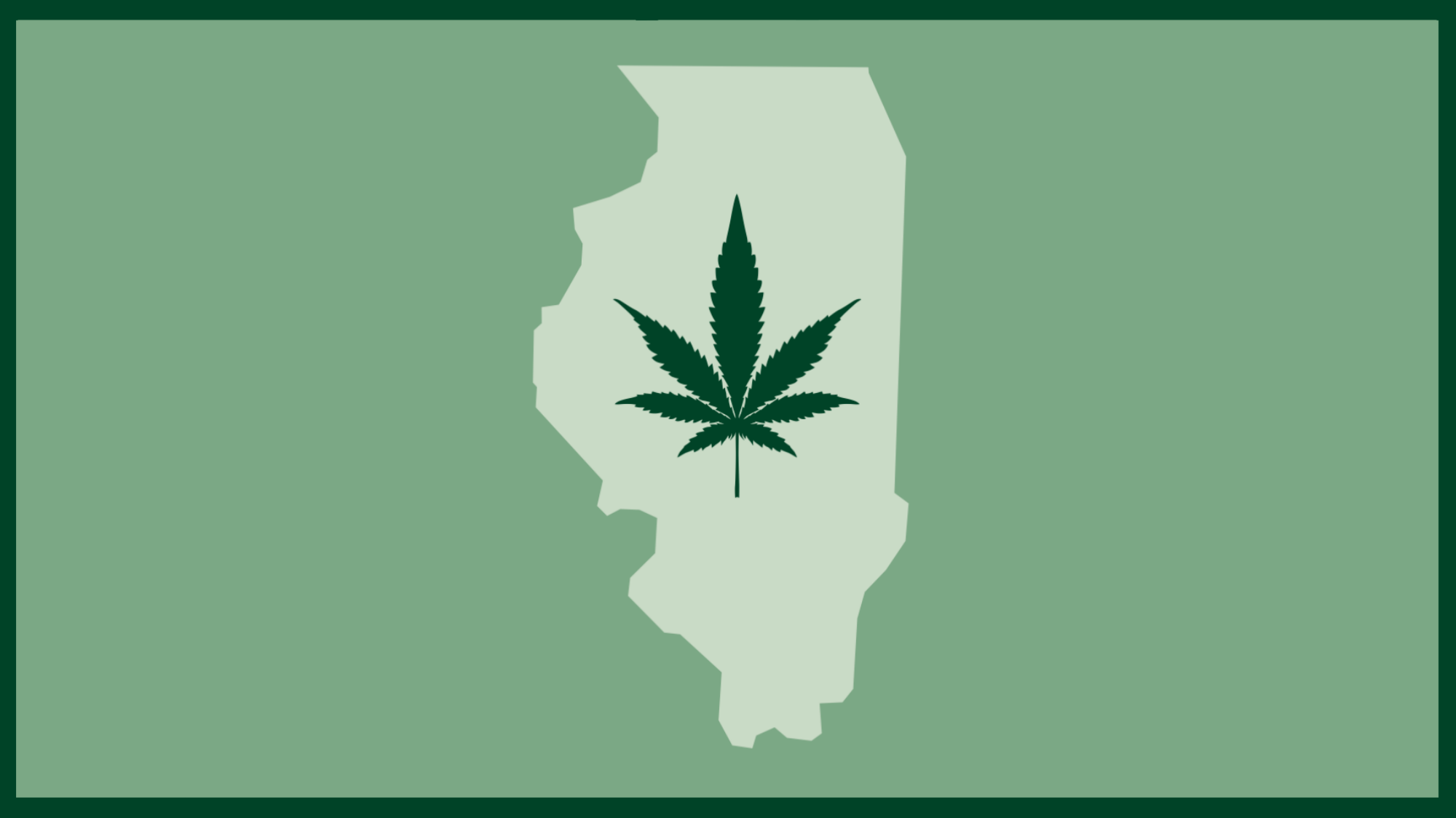
Can cannabis be grown in Illinois?
Unlike other U.S. states where cannabis is legalized for recreational use, Illinois has no plans to allow personal cultivation of cannabis. Home cultivation of cannabis plants, even in limited quantities, will remain illegal unless the grower possesses a medical card to use marijuana as medicine. People with a medical card can grow up to five plants at a time.
For a violation of growing up to five cannabis plants at home (without a medical card), the violator faces a $200 fine. Growing between five and 20 plants is considered a felony, which carries a jail sentence of one to six years and a $25,000 fine.
If a grower is caught growing 20 to 50 plants, he or she faces a prison sentence of two to 10 years and the same fine. If growing between 50 and 200 plants, the jail time will be three to 14 years and a fine of $100,000. If more than 200 plants are found, the grower will be sentenced to four to 30 years in prison and must pay a $100,000 fine.
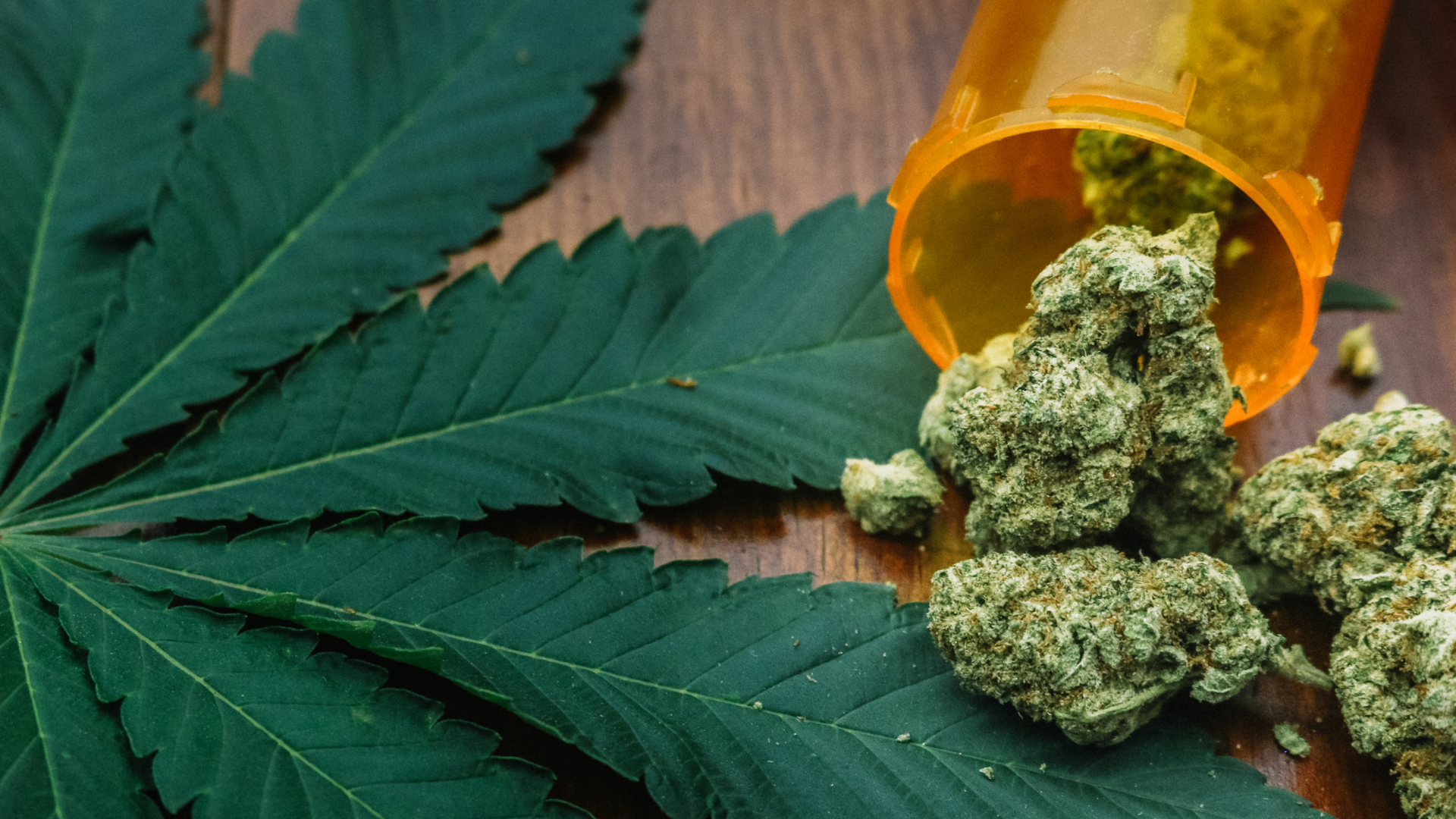
Cannabis cultivation license
Starting in early 2020, licenses will be phased in to companies in the state. These will be «artisanal growers» who can apply for a license to grow up to 5,000 square feet of cannabis crops.
CBD in Illinois
The law in Illinois regarding CBD products has some ambiguous meaning. In this state, CBD is considered technically legal because of the Cannabis Control Act, which approves the ability to grow industrial hemp and creates a research program for the plant. In addition, federal farming laws also authorize the cultivation of hemp throughout the country.
As a result, CBD products are widely available for sale and use legally in Illinois, but there are certain gray areas, especially with regard to CBD-containing food products.
Surprisingly, Illinois may be one of the first states in the United States to legalize the medical use of cannabis. The Cannabis Control Act was passed in 1978, but required the Department of Social Services and the state police to take certain steps to fully implement it. However, none of these measures were taken, so the legal medical use of marijuana only became possible after many years.
In 2013, the Medical Cannabis Pilot Program Act was passed. This law authorized the medical use of cannabis, but only under strictly controlled conditions. The program was signed into law that same year, making Illinois the twentieth state to legalize the medical use of cannabis.
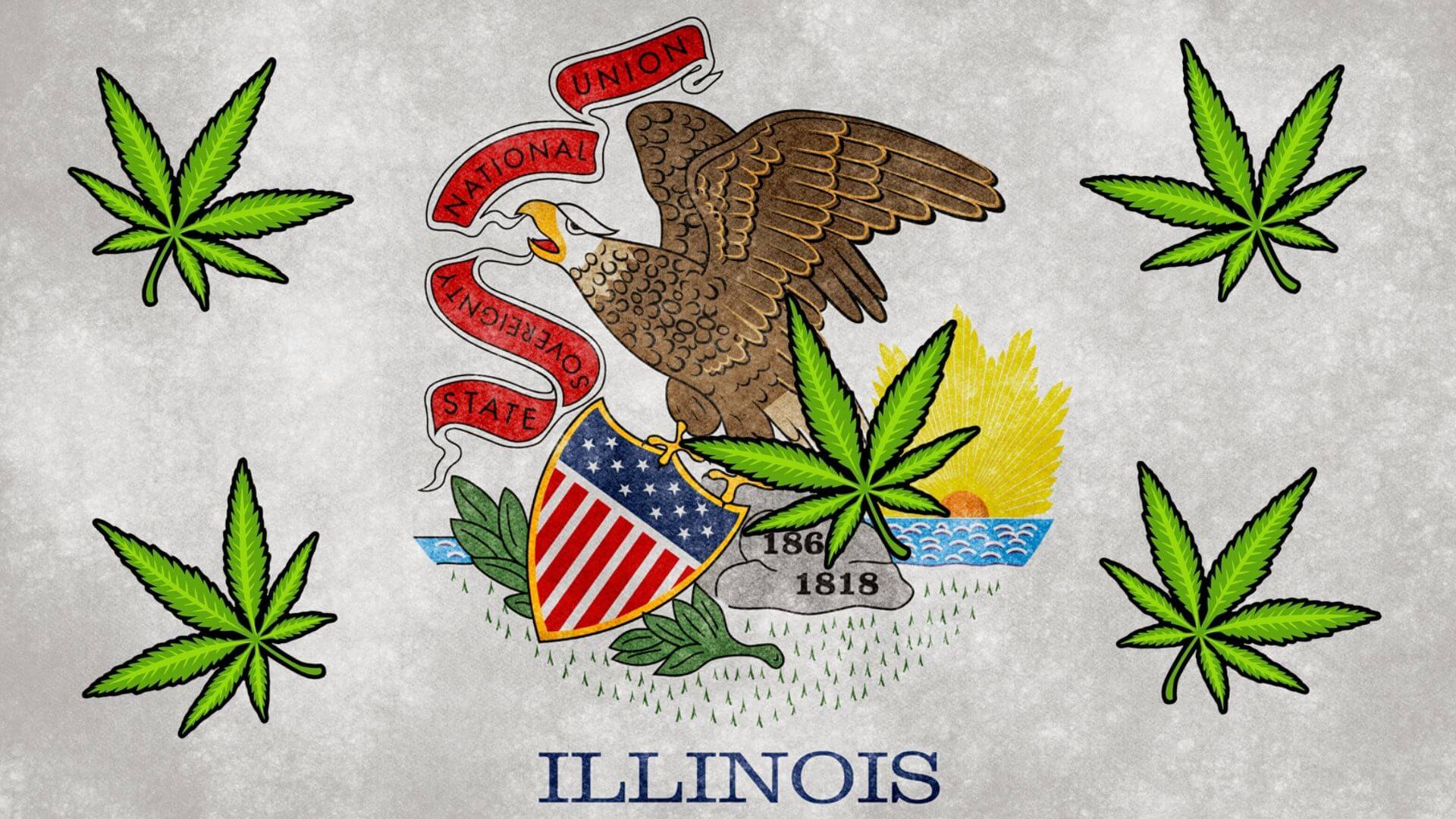
Official use of cannabis in Illinois
Illinois has a long list of conditions for which cannabis treatment is authorized. These include:
- Multiple sclerosis
- epilepsy
- AIDS/HIV
- Cancer
- Glaucoma
- Crohn’s Disease
- ALS
- Spinal cord disease/injury
- Any type of terminal illness
To be eligible for medicinal marijuana treatment in Illinois, patients must be over the age of 18 (or, if a minor, must have an adult guardian and certification from two physicians). They must also be a resident of the state and have an official diagnosis of one of the listed conditions.
Industrial cannabis in Illinois
After the Farm Bill (legalizing hemp cultivation) was passed at the federal level, U.S. states quickly began passing state laws allowing farmers to grow hemp in their region.
Governor J.B. Pritzker along with the Illinois Department of Agriculture opened licensing in April 2019 . In the first two days, 350 applications were received from farmers and processors looking to start planting their crop.
«Industrial hemp is a potentially billion-dollar industry that Illinois will now participate in» commented Pritzker. «It will have a huge impact on our state’s economy».
If you travel to Illinois (or currently live there), you may be interested in the following:
- Illinois’ medical cannabis program has proven lucrative for the state. In 2018, dispensary sales brought in $133 million dollars , and the number of patients increased by 66%.
- In Chicago, 74% of citizens supported the legalization of recreational cannabis.
- In September 2019, Chicago is hosting its first industrial cannabis expo.
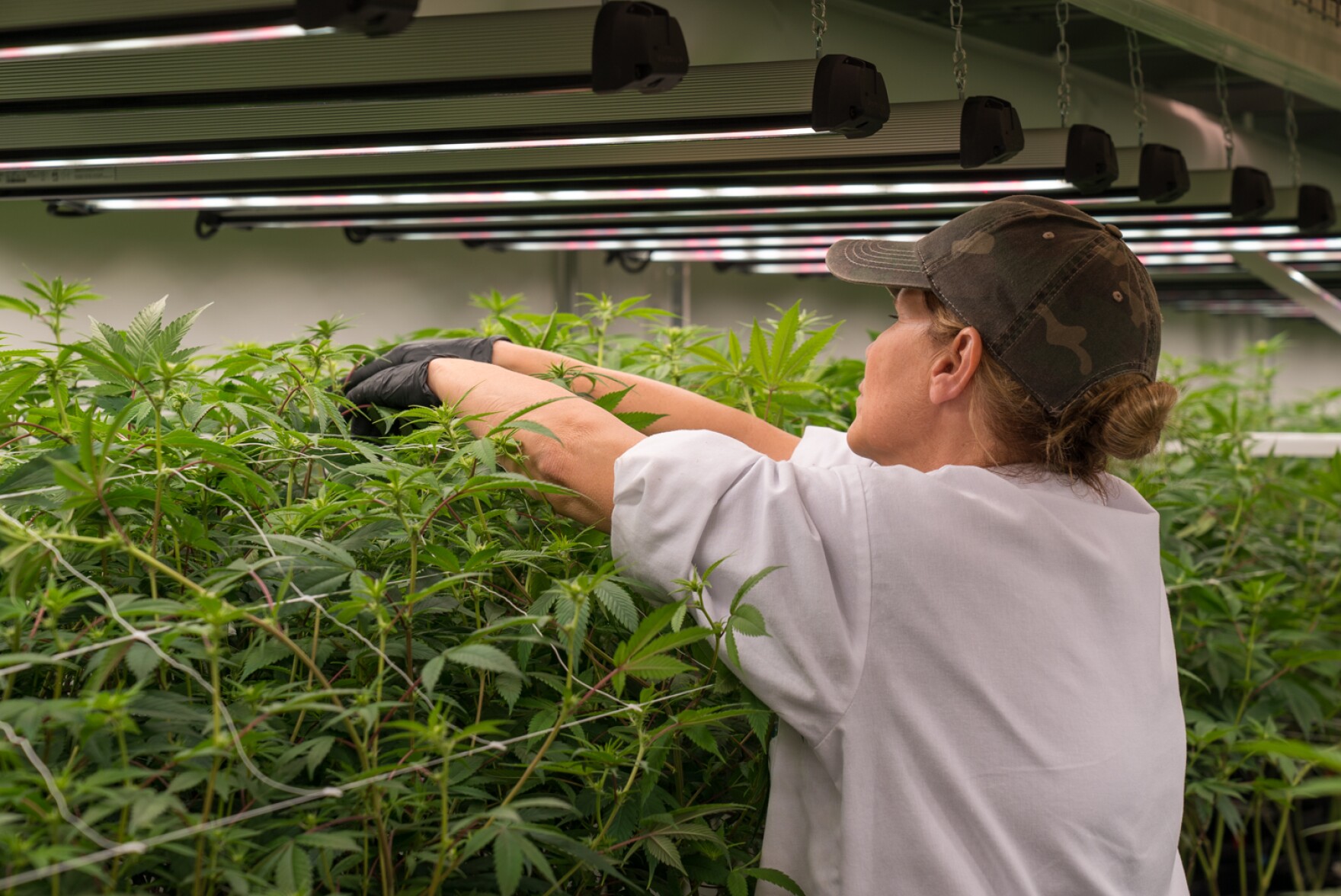
The history of cannabis in Illinois
In 1931, Illinois became one of the first U.S. states to ban recreational cannabis use, six years before national prohibition. That prohibition lasted for decades, although the hippie culture in the 1960s began to question it.
Things began to change in 1978 when the state passed the Cannabis Control Act to legalize its medical use. However, for the law to take effect, the state police and the Department of Social Services had to develop appropriate cannabis policies. But neither department complied, and the law remained unenacted.
In 2013, Illinois became the 20th state to legalize the medical use of cannabis, and in 2019, it became the eleventh state where it can be used for recreational purposes.
Conclusion
Attitudes toward cannabis in Illinois are relatively positive. In a recent survey, 74.4% of people expressed support for legalizing the recreational use of cannabis, while only 21% were opposed. The under-35 age group was the most supportive of the idea, holding 83%. Although the age group 66 years and older expressed the least support (51%), they still outnumbered the opponents.


